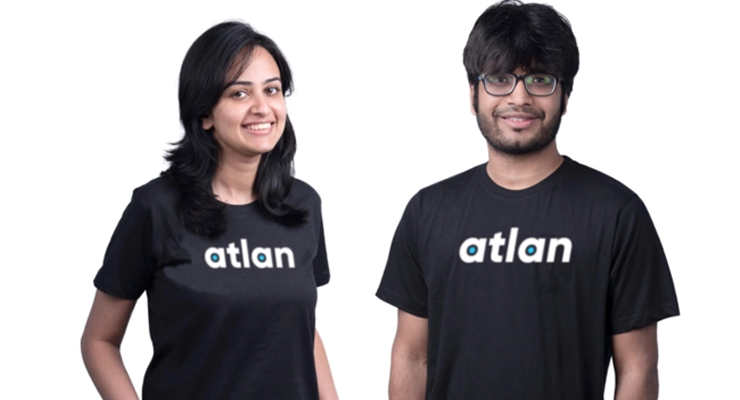Crypto tax to set to complicate life for the exchanges
- ByStartupStory | February 8, 2022

The government’s tax choice against digital money exchanges by exacting expenses deducted at source is set to set off one more complexity as a leveling demand for crypto trades, tax specialists said. This is on the grounds that as a rule, crypto resources purchased by Indian occupants through trades are from individuals not situated in the country, they said. The Equalisation Levy is applicable to foreign players and when services are sold by non-Indians.
There are many cases where there is no lucidity on whether or not the merchant in a digital currency exchange is in India on the grounds that most trades have holding elements outside the country, specialists said. Additionally, as a rule, trades would be covered under the meaning of ‘e-business’ players for a balance duty of 2% to become an integral factor, they said. “In the event a transaction is conducted through crypto exchanges, they (exchanges) can be entrusted to act as an intermediary for collecting TDS, similar to what they have been doing for STT (securities transaction tax) and stamp duty payment,” said Paras Savla, accomplice at KPB and Associates.
At the point when trades endeavor to conserve this, they should initially deduct TDS and keep them on their books, which would ultimately draw in a balanced demand, specialists said. “If exchanges are required to comply with the withholding requirements, they would have to come into the money flow where they would have to collect the total amount (of the transaction) first and then pay the seller after the withholding of taxes,” said Rahul Garg, overseeing accomplice of assessment and administrative specialists Asire Consulting.
“This may trigger multiple tax-related compliances in the hands of exchanges wherein if the buyer is an Indian resident, they would be subjected to an ecommerce equalization levy as most exchanges are based outside India and are essentially providing internet services,” he said.
Whenever trades deduct 1% TDS, it will be recorded as “consideration” on their books, charge specialists said. This thus would draw in a 2% leveling demand that is appropriate for such a thought, they said. Finance minister Nirmala Sitharaman in her Union Budget 2022-23 declaration last Tuesday had proposed a 30% personal duty on returns from computerized monetary standards. This would imply that financial backers would need to hack up 30% duty on the profits they make from exchanging or putting resources into cryptographic forms of money. ET had first investigated December 4 that the public authority was hoping to add cryptographic forms of money to burden regulation.

The government additionally presented a 1% TDS on advanced resources. This, charge specialists said, might be applied to digital money trades when they sell or move crypto resources for financial backers or dealers. The government has extended the extent of the balance demand from last year to incorporate any buy by an Indian or India-based element through an abroad stage. A balance toll of 2% is additionally appropriate on all internet based deals of labor and products, any buy that has been made on the web, any web-based installment, or even a deal that has been acknowledged on the web.
The evening out demand, nonetheless, could simply be a brief problem area. As a signatory to the Organization for Economic Cooperation and Development’s (OECD) worldwide duty bargain, India is probably going to scrap one-sided measures, for example, leveling demand, charge specialists said. Numerous crypto trades over the most recent couple of years have set up structures where they don’t have a long-lasting spot in India and their India workplaces just do advertising. Many organizations have moved to the Seychelles, the British Virgin Islands (BVI), Mauritius, Singapore, or Dubai in a bid to defend themselves from a portion of the Indian regulations over the most recent couple of years. A long-lasting foundation is an idea in charge of regulations that figures out which nation has the primary right to burden an organization and how much.









